The present collection, Random Plurals: fragments on philosophy, aesthetics and history, comprises of 33 academic and literary writings contributed by 25 eminent authors. Dr. Karan Singh has provided this volume with a brief and scintillating Foreword. The range of the writings in this selection is vast and rich. The reader gets linguistic and philosophical ideas on word and meaning/signification, poetics, and translation, both western and Indian/signification, poetics, and translation, both western and Indian/Sanskrit. Pieces on ideology, polylectics, right to work, culture, cultural nationalism, secularism, cultural relations, Shraman and Brahman culture, and cultural revolution are included, besides those on manuscriptology, Ayurveda, epigraphy, mythology and Viswakarmas. A full section on ambedkarism is available with rereading of Ambedkar, Ambedkar and women’s emancipation, Ambedkar’s political thought and his views on democracy. Articles on matter and motion, human security, education system and self discipline, and personality development with assertiveness are included. On psychology and aesthetics, the reader gets pieces on insights from Mahabharata, Indian and western psychology, aesthetic communication, cinema capturing the image, imaginary and being, and also on performance arts like Kathak, Dharaka Kathak and Thai classical dance forms.
ABOUT THE AUTHOR Kamal Kishore Mishra
Kamal Kishore Mishra, son of Shri N.K. Mishra and Smt. Prabha Mishra, graduated with distinction in Sanskrit from Ranchi University in 1990. He took MA in Sanskrit, Mphil in Sanskrit Epigraphy, and Doctorate in Sanskrit (as a Nehru Scholar) from University of Delhi. He was ICSSR Fellow at the Centre for Sanskrit Studies, Jawaharlal Nehru University, New Delhi. He is specialized in Epigraphy and Manuscriptology. He is currently Joint Director, Shri Ranbir Sanskrit Research Institute, Jammu, India. Dr. Mishra has participated and presented papers in national and international seminars, and has several publications to his credit. Some of his books are Prachin Bharatiya Arthavyavastha (Bharatiya Gyanpith, New Delhi, 2004, 2nd edn 2006), Descriptive Catalogue of Sanskrit Manuscripts, Vol. IV (compiled and edited jointly with Dr. D.R. Shastri, Shri Ranbir Sanskrit Research Institute, Jammu, 2004), Kathak: The World of Shovana Narayan (Kanishka, New Delhi, 2005), and Nataraj: Brahmand Ka Divya Nartan (Shubhi, Gurgaon, 2007.
ABOUT THE AUTHOR Ratnamuthu Sugathan
Ratnamuthu Sugathan was born in Uchakkada, near Venganoor (Thiruvananthapuram), as the first son and second child to Mr. K. Ratnamuthu and Mrs. A. Lilly. After schooling in Uchakkada and Venganoor, he completed graduation (BSc) in Zoology from Mar Ivanios College (in 1976), and took postgraduation (MA) in Philswophy from University College, Trivandrum (in 1978). He was awarded PhD in Philosophy in 1991 from Jawaharlal Nehru university, new de4lhi, under the supervision of dr. (Mrs.) Suman Gupta, professor of philosophy. His doctoral thesis was titled, development of Dialectics from kant to hegel: a critical Examination. He did research Associationship in JNU as university Grants commission postdoctoral scholar from 1993 to 1998, and took classes of Pre-PhD students during the same period in Philosophy Programme, School of languages, JNU. The topic of postdioctoral research was, a study on the Reason-Passion Conflict in the Philosophies of Hegel and Nietzsche. Besides academic research, he also did research and editing, he has been involved in social work. He is married: Dr. K.B. Usha is wife; Leenu and Anu are daughters. Dr. Sugathan has contributed articles, reviews, and research papers in English as well as Malayalam to newspapers, periodicals, souvenirs, books and refereed journals. He is the author of Polylectics: Logic of Postmodernism (Manak Publications, New Delhi, 2002).

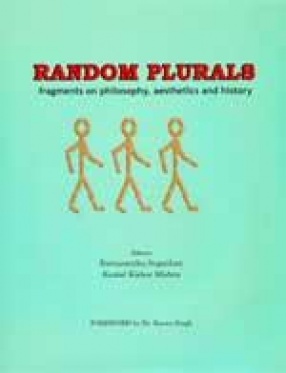
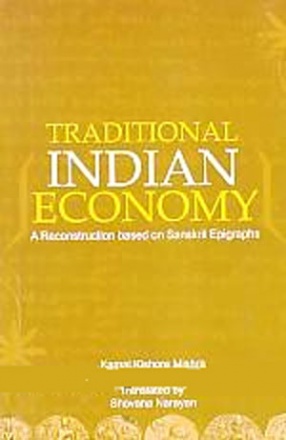

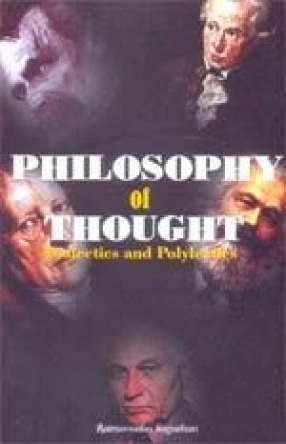
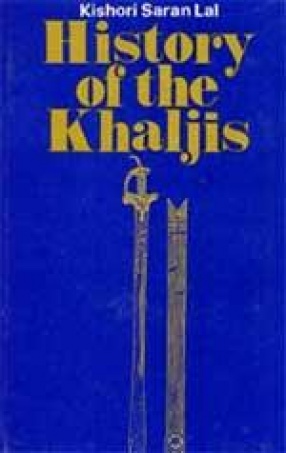
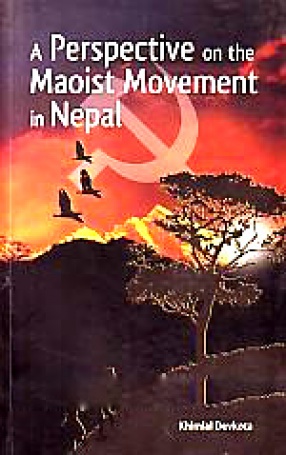

There are no reviews yet.